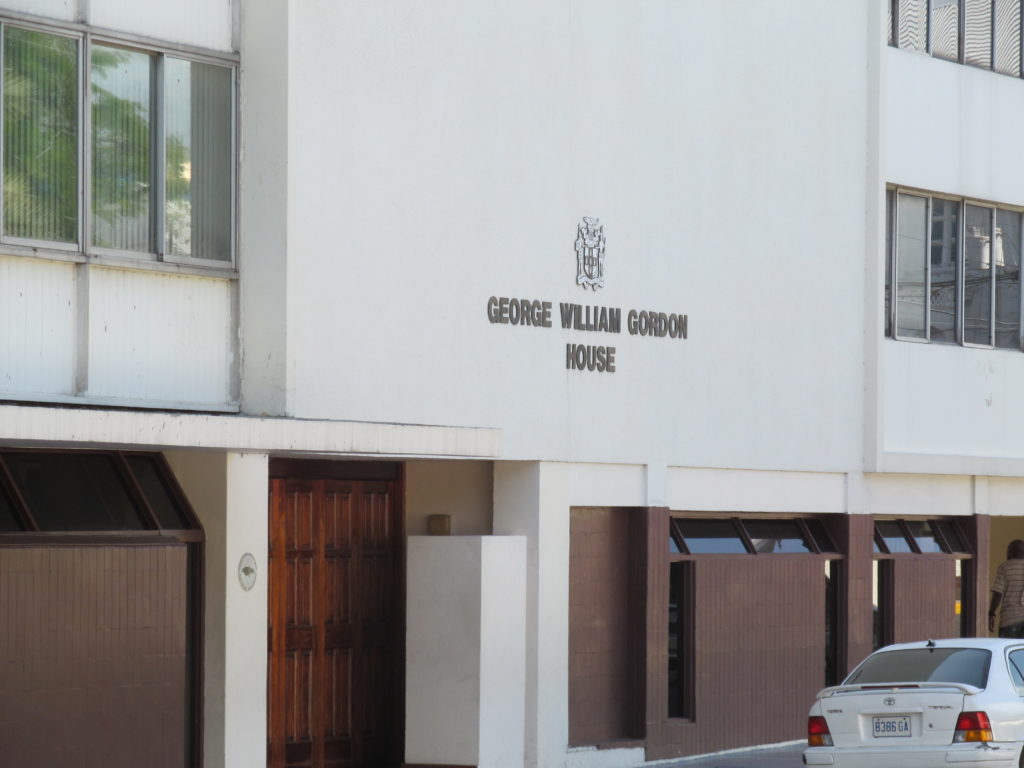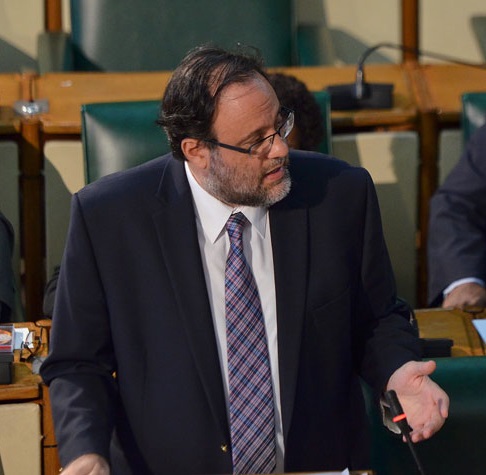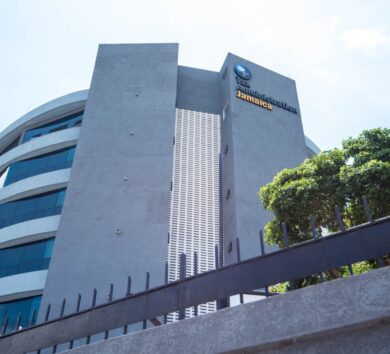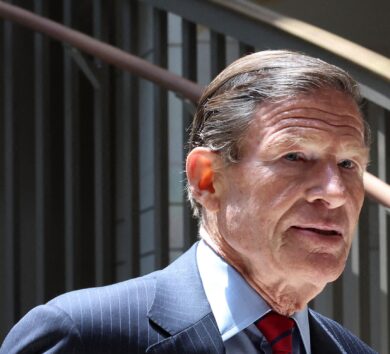
Legal and Constitutional Affairs Minister appeals to Opposition Leader to name his members of Constitutional Reform Committee

Durrant Pate/Contributor
The Government has indicated that it is planning to hold the much-anticipated referendum to push for Jamaica’s abolition of the British Monarchy and becoming a republic.
Marlene Malahoo Forte, minister of legal and constitutional affairs, who made the disclosure in a statement to Parliament yesterday (January 24), pleaded for Opposition Leader Mark Golding to name his members to the Constitutional Reform Committee, which will craft a new Constitution for Jamaica.
Malahoo Forte told the House of Representatives that the Committee’s tenure will commence later this month, ending in 2024 when a referendum is likely to be held.

The Committee will be mandated to help guide the constitutional reform process, culminating in the crafting of a modern and new Constitution, which reflects an appreciation and understanding of Jamaica’s cultural heritage, governance challenges and development aspirations, and which embodies the will of the people of Jamaica.
The work will be executed in three phases.
Detailing all three phases
- Phase 1: Repatriation of the Constitution of Jamaica, abolition of the Constitutional Monarchy, establishment of the Republic of Jamaica, and all matters within the deeply entrenched provisions of the Constitution for which a referendum is required to amend.
- Phase 2: Review of the wordings and provisions of the Charter of Fundamental Rights and Freedoms set out at Chapter III and the other ordinarily entrenched provisions of the Constitution for which amendments are desired and required.
- Phase 3: Full assessment of the nation state’s legal and constitutional infrastructure to facilitate drafting of a new Constitution of Jamaica and providing guidance and support to the Ministry of Legal and Constitutional Affairs during the referendum process and the other reform phases.
Malahoo Forte sought to nudge Golding to name the Opposition’s members on the Committee, saying: “Naming members of the Parliamentary Opposition to the Constitutional Reform Committee is the right and responsible thing to do. Working collaboratively to strengthen and build consensus, will be a powerful demonstration to the people of Jamaica that Government and Opposition can rise above partisan considerations and put the best interest of the nation in a place of priority, during this constitutional reform process.”
No hesitation to move forward
Malahoo Forte is adamant that she “will not hesitate to move forward with the reforms, in accordance with Section 49 (5) and (6) of the Constitution, if need be. I however trust that good sense will prevail. At the same time, because we consider the participation of the Parliamentary Opposition to be vitally important, we are allowing further time for reconsideration by the Leader of the Opposition.”

According the minister, she has already signaled her willingness to meet with Golding, “if necessary, but I have not heard back from him since”.
She added: “We are working with ambitious indicative timelines (which, already will have to be revised) to effect the reforms. I hope we will not be forced to proceed without the Leader of the Opposition nominating his members to the Committee.”
Malahoo Forte made the point that extensive research has been undertaken and a bundle of background documents complied for the Committee’s use.
OPPOSITION LEADER INSISTS ON TIDIER PROCESS
“We are eager to move forward and expedite Jamaica’s transition from a Constitutional Monarchy to a Republic. In the coming months, I commit to providing periodic updates to this Honourable House and the people of Jamaica on the deliverables of the Committee,” she told the Parliament.
She also sought to set the record straight regarding her communication with Golding on the proposed establishment of the Constitutional Reform Committee, stating that it was her fervent hope that he will reconsider his position to twin accession to the appellate jurisdiction of the Caribbean Court of Justice (CCJ) with abolition of the Constitutional Monarchy and the transition to a Republic.
Golding has insisted that, for a tidier process, it is better to have both accession to the appellate jurisdiction of the CCJ and abolition of the Constitutional Monarchy done at the same time.







Comments